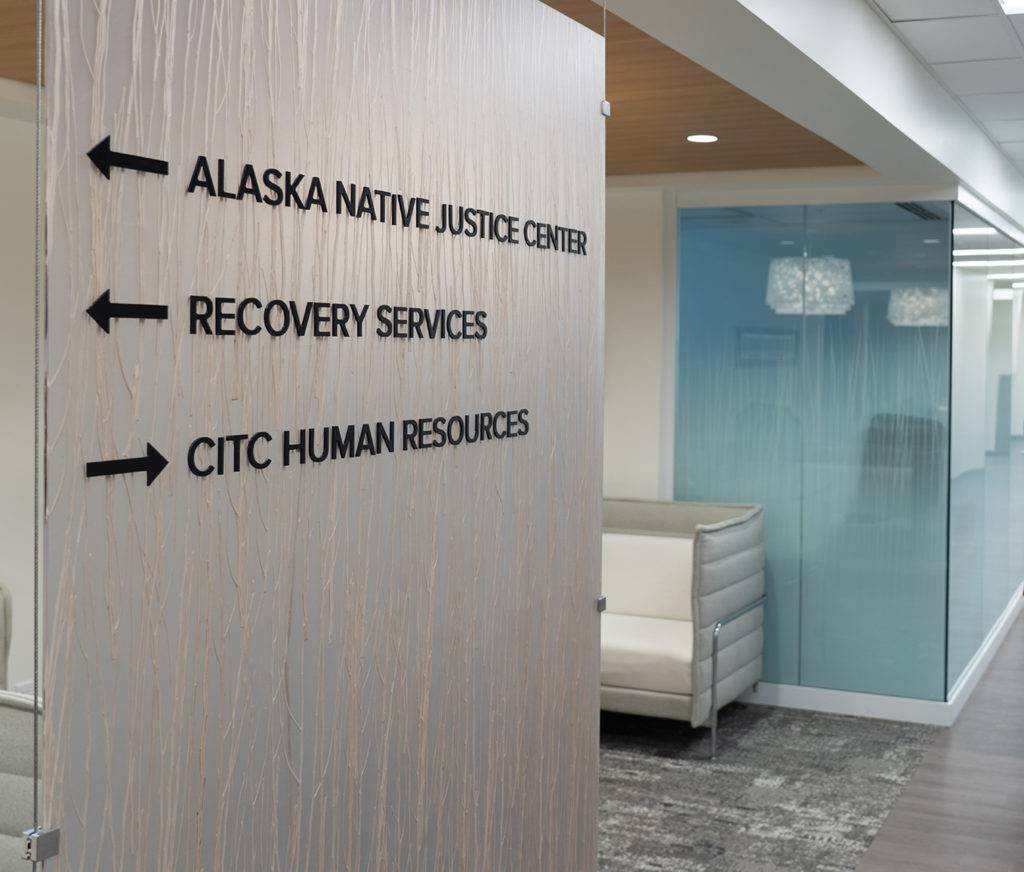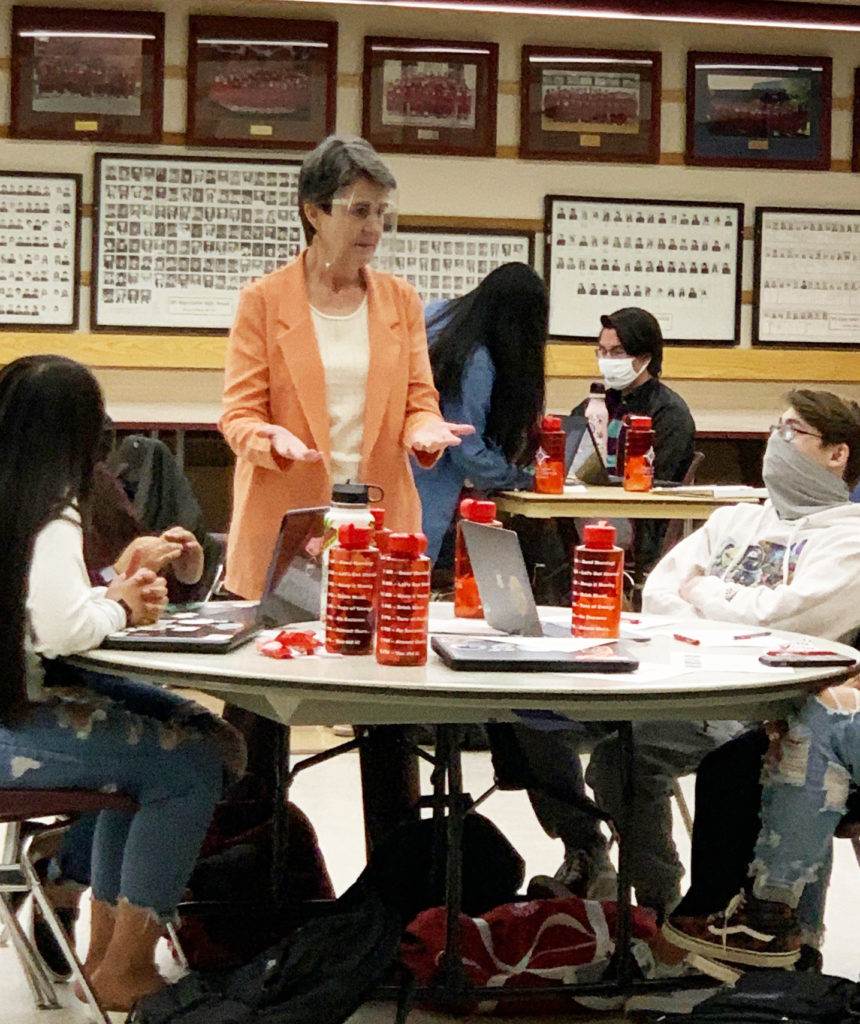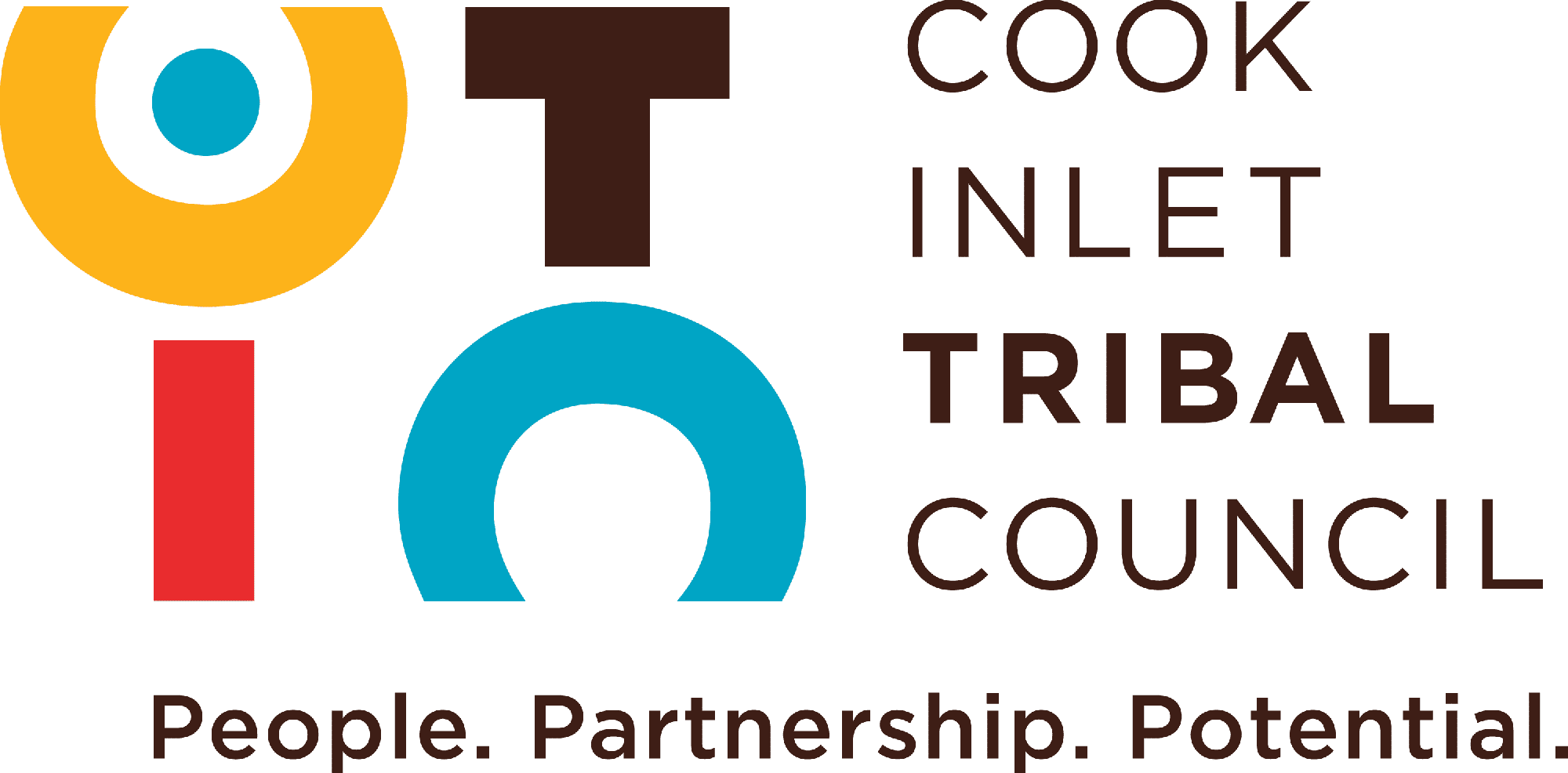28 Nov Voices for Justice: 2022 Year in Review
ANJC’s reach extends beyond local communities to work toward justice for Native people on a statewide and national scale

Throughout 2022, the Alaska Native Justice Center (ANJC) continued to deliver and grow its direct services to people seeking justice-related support. For victims of crimes, survivors of domestic abuse and sexual assault, Elders, those in recovery, and individuals rejoining society after incarceration, ANJC’s programs made a tangible difference.
This year, though, ANJC also helped influence Alaska’s justice system on a broader scale. Through its Tribal Justice Support and Social Justice Advocacy efforts, ANJC worked for equitable treatment of Alaska Native people on a local and national scale.
In 2022:
- ANJC’s legal team provided expertise for discussions that ultimately led to the reauthorization of the Violence Against Women Act, which includes a special provision addressing Alaska-specific issues—including incorporating the Alaska Native Claims Settlement Act definition of “village” as lands where Tribes have public safety jurisdiction.
- The Violence Against Women Reauthorization Act of 2022 also reaffirmed that Alaska Tribes have concurrent jurisdiction with the state over Native people who commit violent crimes within Native communities.
“Supporting the Tribes who want to implement the Reauthorization Act represents a good portion of the work we’ll be doing, going forward into 2023 and beyond,” said ANJC Senior Legal and Policy Director Alex Cleghorn.

In addition to other projects, law fellows and clerks involved with ANJC’s new Fellowship and Clerkship programs help organize the annual Color of Justice event, which encourages young people to explore careers in the legal profession.
- ANJC launched its Law Clerk and Fellowship programs, which encourage law students and recent law graduates to work in the field of Native law. Recent law school graduate Rob Waldroup served as ANJC’s first Law Fellow. ANJC also hosted the first ever law clerk event, informing dozens of law students from across the nation on Alaska Native legal issues.
- Restorative Justice staff at ANJC created a new model of peer- and staff-led groups to better equip those who are reintegrating into the community after incarceration with the skills they need to be independent and successful.
- 23 people graduated from the Moral Reconation Therapy (MRT) program, which aims to change how individuals make decisions by increasing moral reasoning. Under a new initiative to increase community involvement in lowering recidivism rates, each graduate was sponsored by a local business.
“The support from local businesses shows that the community cares and understands what a big deal it is for our participants to complete the MRT program as part of their growth and reintegration process,” said Restorative Justice Program Manager Eva Manzano. - The Advocacy team secured a Department of Justice grant that enables them provide sexual assault response, prevention, and outreach services to teens and adults through community partnerships. An additional Indian Health Service Domestic Violence Prevention grant will support ANJC’s efforts to reduce the victimization of Alaska Native/American Indian people in Anchorage.
- ANJC brought together partners including the Anchorage Police Department, the FBI, Alaska State Troopers, Covenant House, and Alaska Institute for Justice to form a Human Trafficking Task Force aimed at better training police to identify victims and survivors and to strengthen referrals among service providers.

ANJC provides advocacy for victims of domestic and other kinds of violence, both on site and through partnerships with organizations like the Hope Center.
- By placing an advocate at Anchorage’s Downtown Hope Center, ANJC delivered case management to unhoused single women who might not otherwise have access to supportive services.
“It’s often very difficult for the women at the Hope Center to come into ANJC’s offices,” explained Advocacy Program Manager Fabienne Smith. “Being present at the shelter through this partnership to address needs and provide cultural activities really allows us to meet people where they’re at.” - Youth Reentry staff built on its success bringing cultural activities, life skills workshops, and reentry case management to young people at McLaughlin Youth Center, expanding in-reach to juvenile detention centers in other parts of the state, including Juneau.
The successes ANJC achieves each year are supported in part by donations made during our annual Voices for Justice campaign. Your contribution makes a difference: Be a voice for justice. Visit our fundraising campaign page to learn more or make your donation now.



